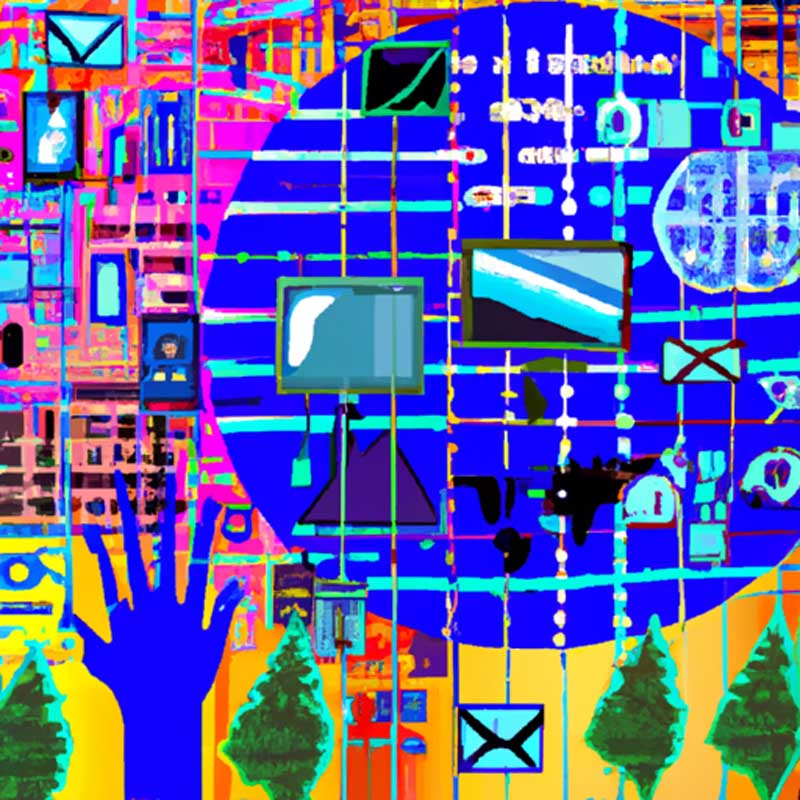TLDR:
- The House Judiciary Committee unexpectedly added a bill criminalizing the display of obscene material in libraries to a Senate bill on AI child porn.
- The Senate bill criminalizes AI-generated child porn that appears to depict minors.
Full Article:
Consideration of a well liked Senate bill to criminalize AI child porn took an unexpected twist in House Judiciary on Tuesday when committee leaders inserted into it the House bill opening public and school libraries up to felony charges for the display or dissemination of obscene material to minors.
The committee’s two Democratic members present made four efforts to abort that move, but failed – outnumbered by Republicans 16-2. The Senate bill is SB 741. It criminalizes child pornography that does not depict an actual minor but a digitally or AI (artificial intelligence) generated porn that convincingly appears to be a minor. It passed the Senate 34-0.
The bill the committee leaders amended in is HB 4654. It would strike from code the exemptions for public and school libraries regarding displaying or disseminating obscene material to minors. It’s stirred public debate and opposition and has been critically referred to as the book ban bill. It passed the House 85-12 and has been stalled in Senate Judiciary.
Delegate Joey Garcia, D-Marion, made the first go at stripping the library bill out of the child porn bill by having the addition declared not germane to the bill (SB 741 deals with state code 61-8A-3 while HB 4654 would go in 61-8C-12). Chair Tom Fast, R-Fayette, said it is germane because both deal with protecting children from obscenity. So Garcia challenged Fast’s ruling; the challenge failed 16-2.
Delegate Evan Hansen, D-Monongalia, then moved to have action on the bill postponed one day, because the Democrats had received no notice of the addition and had no time to call witnesses. One of the Republicans defended the addition, saying, “It’s not our fault the Senate won’t take up some of the most important bills to our body.” Hansen’s move failed, so he tried another one: to table the amendment to the bill (the addition of HB 4654). That also failed. As did his final move: to recess.
With the amendment adopted, consideration moved to the hybrid bill. Garcia complained about the unannounced amendment. They got a good bill from the Senate. “Then we have groundhogs moving at night.” It’s divisive gamesmanship. “I’m really disgusted.”
Hansen said, “This is the defacto book ban bill. … This is what this bill has been hijacked to do – send librarians to jail. … This is why people just throw up their hands and give up on our legislative system.”
Delegate Goeff Foster, R-Putnam and a co-sponsor of HB 4654, said both portions of the bill protect minors – from deep fakes and from purely prurient material getting handed out in a library.
Delegate JB Akers, R-Kanawha, countered Hansen, “This amendment bans zero books.” He pointed out that sample material brought to committee could not be shown in a newspaper or on broadcast TV. The vote was, of course, 16-2 to send it to the House floor.
The committee also approved, unanimously and with no acrimony, a sister bill, SB 740. It criminalizes altering a photograph, image, video clip, movie, or recording containing sexually explicit conduct by inserting the image of an actual minor so it appears that the minor is engaged in sexually explicit conduct. It also goes to the House floor. And they approved SB 624, which would enable the secretary of state and thereby the county clerks to purge voter rolls by canceling voter registration for those who are no longer West Virginia residents and have obtained driver’s licenses in other states.
Donald Kersey, chief of staff for the secretary of state’s office, told the delegates the Division of Motor Vehicles will get the information from a compact called State to State, which uses a nationwide database called NAPSIS. More than 46 states will participate by 2025 and the goal is to get all 50 on board. This bill also goes to the House floor.
